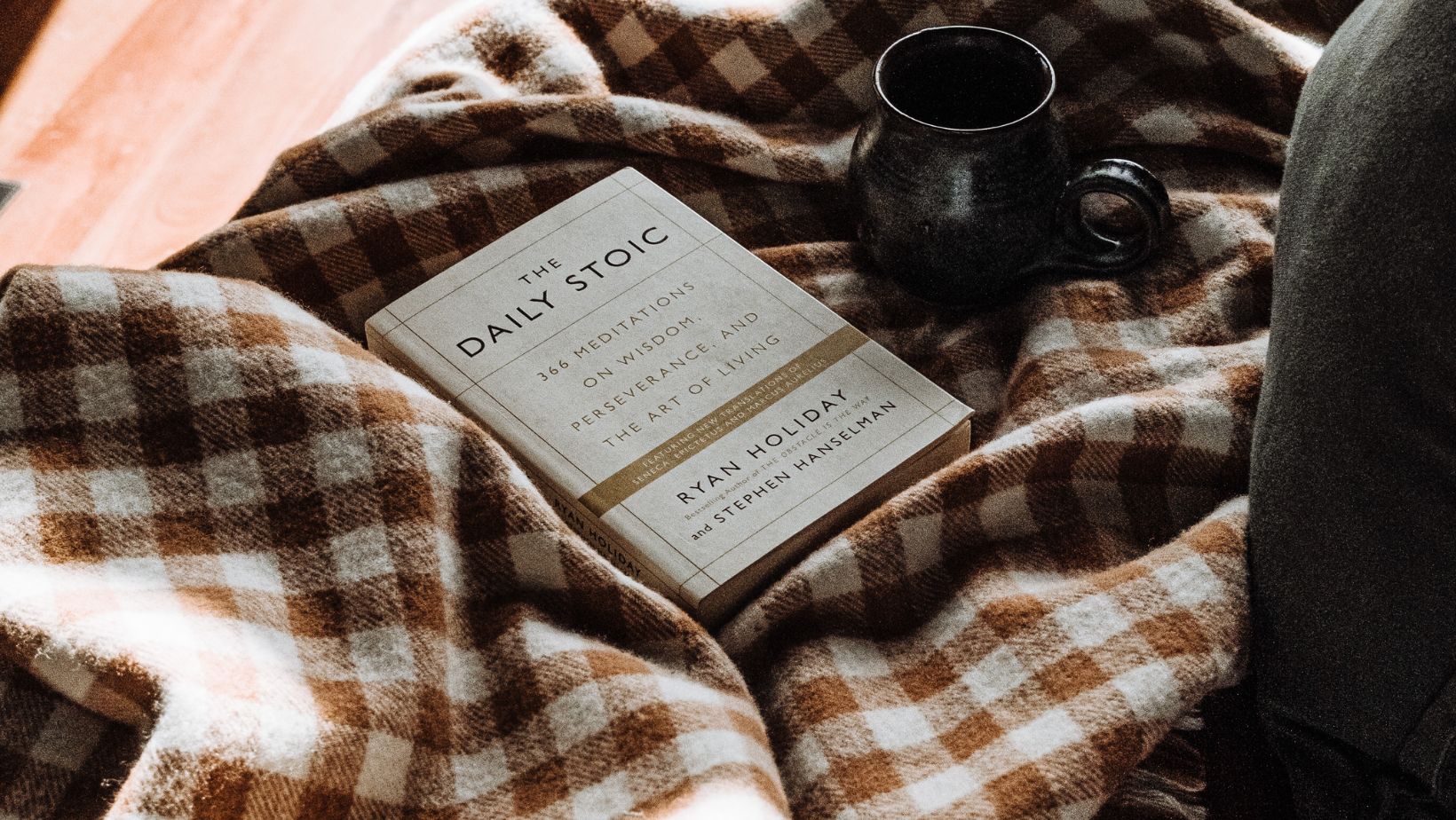The wisdom of the ancients is timeless, and the lessons from the Stoic philosophers are still applicable in today’s fast-paced world. Stoicism has long been a guiding force for some of the most accomplished figures throughout history, teaching them the virtues of temperance, resilience, and acceptance. However, an equally important practice that tends to be overlooked is the Stoic habit of journaling. “5 Life Changing Journaling Habits from the Stoics” is a revelation from the annals of Stoic wisdom that can transform your life.
Unveiling the Power of Stoic Journaling
Ryan Holiday, a prolific writer and speaker on Stoic philosophy, takes us through his personal journey of journaling in a candid video on YouTube. He shares how he’s been journaling on and off for most of his life and credits his friend Casey Neistat, a fellow creative, for encouraging him to truly commit to the practice. Now, as part of his morning routine, Ryan sits down with his journals, reflecting on prompts from his own book, “The Daily Stoic Journal,” as well as other gratitude and one-line-a-day journals.
A Step-by-Step Process for Stoic Journaling
- Just Start Ryan advises newcomers to the world of journaling not to stress about the tools or format. Don’t be overwhelmed by the thought of filling pages with profound insights. Start small. Begin with a one-line-a-day journal, or try the five-minute journal. It’s about building the habit first. Even logging your workouts, food, or reading can help you gain momentum.
- Get Physical Ryan talks about the longevity of written journals. As Walter Isaacson noted in his biography of Steve Jobs, while digital records from just a couple of decades ago might be lost, Leonardo da Vinci’s journals from hundreds of years ago are still accessible. Embrace the tangible nature of writing on paper; it not only provides a unique sense of connection but also serves as a long-lasting record.
- Engage with the Ideas Journaling is an ongoing dialogue with yourself. Stoic philosophy emphasizes the practice of continually engaging with the ideas, reminding yourself of them, and keeping them at hand. Journaling provides an excellent platform for this exploration. As Ryan shares, even though he’s deeply immersed in Stoicism, he still engages with the ideas in his journal every day.
- Vent on Paper Life can be stressful. Anne Frank, a young girl in hiding during World War II, once wrote, “paper is more patient than people.” Ryan echoes this sentiment, suggesting that instead of pouring out your thoughts on others, write them down. Journaling provides a nonjudgmental, forgiving, and private space where you can work through your emotions, gain perspective, and find clarity.
- Create with Low Stakes Ryan shares the example of President Kennedy, who would scribble notes during the Cuban Missile Crisis, using journaling as a way to work through his thoughts. Journaling can serve as a form of “spiritual windshield wipers,” as Julia Cameron calls it, allowing you to clear your mind, experiment with ideas, and brainstorm without the pressure of high stakes.
Key Takeaways
- Start Small Don’t feel compelled to write lengthy entries from the outset. Build the habit first, even if it’s just one line a day.
- Engage Continuously Journaling isn’t a one-off activity. Engage with the ideas, explore them, and remind yourself of them regularly.
- Vent Freely Use your journal as a safe space to vent, work through emotions, and gain clarity.
Resources Mentioned
- The Daily Stoic Journal A guided journal by Ryan Holiday with prompts for reflection and self-discovery, based on Stoic philosophy.
- One Line a Day Journal A simple journal format that encourages the practice of writing just one line every day.
- Five-Minute Journal A journaling format that allows you to quickly reflect and set intentions for the day.
Frequently Asked Questions
- How do I start journaling? Start small. Use tools like the one-line-a-day journal, five-minute journal, or even start with a workout, reading, or food journal.
- Do I need to journal digitally or on paper? While you can choose either, Ryan Holiday emphasizes the longevity and tangible nature of writing on paper.
- Is journaling a part of Stoic philosophy? Yes, Stoic philosophy encourages continuous engagement with the ideas, and journaling provides an excellent platform for that exploration.
- What are the benefits of journaling? Journaling allows you to vent, work through emotions, gain clarity, and engage with ideas. It’s a creative practice with low stakes.
- How often should I journal? Build a habit that suits you, even if it’s just one line a day. Consistency is key.
Conclusion
“5 Life Changing Journaling Habits from the Stoics” offers a glimpse into the transformative power of journaling within the framework of Stoic philosophy. As Ryan Holiday shares his insights, it’s clear that journaling is more than just a record of thoughts – it’s a dialogue with oneself, an engagement with ideas, and a refuge for the soul. Embrace the simplicity, dive into the exploration, and find solace in the written word. In the Stoic wisdom of journaling, you may find a path to inner tranquility and a deeper understanding of yourself.

